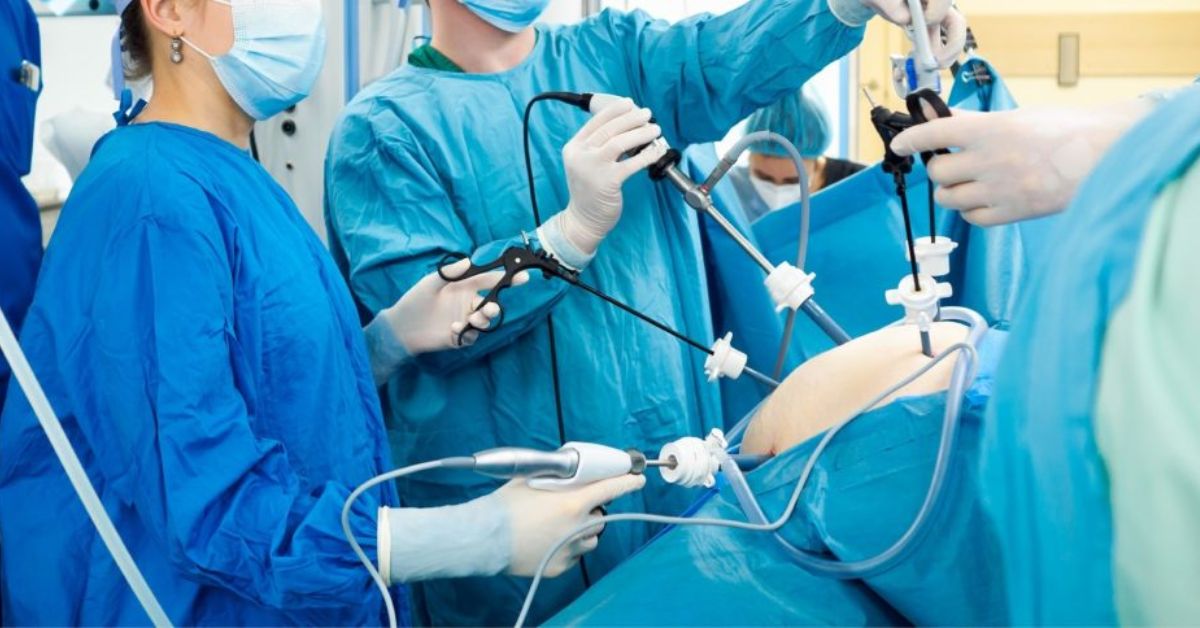
How AI-Drive Depth Perception in Endoscopy will Improve Surgical Safety
What is Endoscopy?
An endoscopy, often known as “EGD,” is a minimally invasive technique that takes images of the upper digestive system without requiring complicated and possibly risky surgery.
With endoscopy, doctors can get comprehensive imaging of parts of the small intestine using a long, flexible tube with a small, high-quality camera and light connected to the end. The camera has two lenses that act as the left and right eye, which generates a perception of depth and provides information about how deep a surgeon can go during surgery.
An endoscopy can take biopsies in addition to getting comprehensive pictures of the upper digestive system. A biopsy involves the removal of a tiny sample of tissue. The tissue sample is subsequently submitted to the lab for additional testing to identify the existence of a disease.
Endoscopy may be performed to repair an issue if one is identified. Endoscopic procedures can be used to treat a variety of issues, including opening constricted regions, regulating bleeding, removing abnormal growths or tumors, removing stuck items, and banding any aberrant veins in the esophagus.
Why Does Depth Perception Matter to the Creation of AI Solutions?
Surgeons view pictures through an endoscope or assistive camera in minimally invasive surgery. Because the camera has both left and right eyes, the surgeon has good depth awareness after a few surgeries.
The difficulty is that the AI will need to comprehend depth to automate specific aspects of the procedure.
Therefore, depth perception is essential for AI models.
In minimally invasive operations, surgeons must mentally reconstruct the 3D patient anatomy from a restricted number of visual cues. Insufficient depth signals from the environment may cause surgeons to overestimate spatial depth, compromising patient safety.
Using AI surgical tools can lead to a better knowledge of the spatial connections between different surgical and anatomical objects, as well as ways for the surgical team to minimize risk while allowing human specialists to maintain control.
RediMinds built a model to test out how AI might be used in endoscopy for depth perception. The model showed promising results, with mean average inaccuracy of 3mm across two separate test scenarios – indicating depth perception could be predicted well.
A surgeon can view more perspectives if they have access to 3D structures of a situation. This could allow for the development of more accurate and helpful safety measures.
The Future of AI in Endoscopy
AI has the ability to enhance all aspects of endoscopy, from surgical planning to post-surgery outcomes. It’ll compensate for human mistakes and limitations by improving endoscopic treatments’ accuracy, consistency, and speed.
AI has performed well thus far in endoscopy use cases. However, more research, ethical approval, and new regulations will be required before such AI tools can be used in practice. Nevertheless, AI will be a significant advantage in future years, as it has the potential to revolutionize endoscopy.
To learn more check out the full case study.
